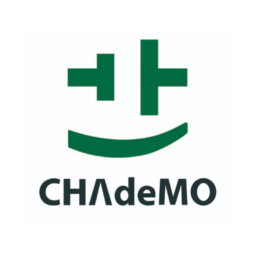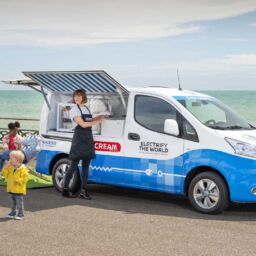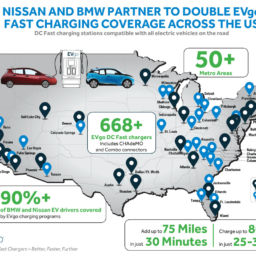The CHAdeMO Association, taking part in the IEEE Electrical Vehicle Charging Conformity Assessment Pilot Program (EVC CASC), calls for charger manufacturers and testing labs to participate in helping test, improve and finalise the draft compliance test plan for the IEEE P2030.1.1™ standard for DC fast charging and bi-directional charging of Electric Vehicles (EVs). IEEE EVC CASC members have been working to develop the EV charging conformity assessment program since 2017.
With an active portfolio of nearly 1,300 standards and projects under development, IEEE Standards Association is a leading developer of industry standards in a broad range of technologies. IEEE Standard 2030.1.1TM-2015 is provided to assist developers for the reason of necessary interoperability and defines requirements for the designs of electric vehicles and DC fast chargers that promote efficient and rapid charging between EVs and chargers. The standard specifies the collaborative actions between EVs and fast chargers, referencing relevant international specifications including SAE Combo.
“The need for standards is becoming even more important as high-power chargers (150-350kW) are entering the market, bringing new safety risks. EV chargers must meet the requirements of multiple stakeholders including automotive original equipment manufacturers (OEMs), charger manufacturers, EV charging station and network operators, Nationally Recognised Testing Laboratories (NRTLs) and various local and national authorities,” said Takafumi Anegawa, President, CHAdeMO Association. “Clear safety and interoperability standards are therefore crucial for the continued growth of the electric vehicle market.”
CHAdeMO protocol testing will also be available through this certification process, eliminating the need for any further tests. The goal is to offer a one-stop service for test compliance to all safety, operational and communication standards and protocols at one place.
The IEEE P2030.1.1 certification program will:
- Help authorities, charger network operators, etc. verify compliance to the standard;
- Provide a smoother and faster certification process benefiting local manufacturers and network operators, local authorities, etc.;
- Ensure that the standard evolves to meet the specific needs of the North American EV community.
Other points to note:
- All of the required technical information for having a charger certified will be available from IEEE, after signing NDA, or directly from CHAdeMO (membership required);
- Upon verification of testing results, IEEE will issue the conformance certificate, and provide the manufacturer with a license to use the “IEEE certified” logo;
- Use of the CHAdeMO logo is also encouraged (for CHAdeMO members only);
- All certified chargers will be listed on the IEEE registry.
Current contributors to this initiative include Intertek, Nissan Motor Company, Mitsubishi Motors Corporation, Tritium, UL LLC and the CHAdeMO Association. This committee is actively recruiting:
- Partners to provide chargers (on loan) to be tested to the requirements of the standard.
- Testing labs to provide facilities and expertise to test and improve the compliance test plan.
Participants will receive, among other things, a complimentary copy of the draft test plan, a final test report and/or raw data from the testing event for your product/s (up to 2 products).
CHAdeMO Association invites all parties interested in joining to contact IEEE EV Charging Conformity Assessment Steering Committee for more information on how to contribute to this process.
Contact: evcharging@ieee.org







